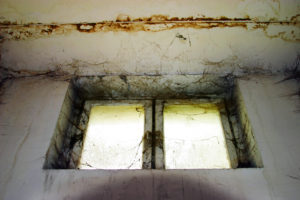Jody Nathan | Reinsurance Law Blog | April 19, 2017
In Auto-Owners Insurance Co. v. Ralph Gage Contracting Inc., the Kjellanders sued Gage after he inspected a house they wanted to buy and gave it a positive report. The Kjellanders claimed the house had mold and a bad HVAC system, and they wouldn’t have bought it if they had known about the problems — which the inspector should have discovered. But since the inspection did not cause the property damage, Gage’s insurance did not cover the claimed loss.
Under the terms of the Policy, Auto-Owners agreed to pay “sums that the insured becomes legally obligated to pay as damages because of ‘bodily injury’ or ‘property damage’ to which this insurance applies.” In pertinent part, the Policy provided coverage for “property damage” only if it was “caused by an ‘occurrence.’” The Policy defines “property damage” this way:
a. Physical injury to tangible property, including all resulting loss of use of that property. All such loss of use shall be deemed to occur at the time of the physical injury that caused it; or
b. Loss of use of tangible property that is not physically injured. All such loss of use shall be deemed to occur at the time of the “occurrence” that caused it.An “occurrence” is defined as “an accident, including continuous or repeated exposure to substantially the same general harmful conditions.” In a case like this one — where the term “accident” is undefined by the Policy — the Florida Supreme Court has said that “accident” means “not only ‘accidental events,’ but also damages or injuries that are neither expected nor intended from the viewpoint of the insured.”
The plain language of the Policy requires unambiguously a causal link between the alleged “property damage” and an “occurrence.” Here, the only asserted “occurrence” is Gage’s alleged negligent inspection. Thus, to show that their claim is within the Policy’s coverage, the Kjellanders must demonstrate that Gage’s negligent inspection caused “property damage” within the meaning of the Policy.
The property was damaged before the inspection, not because of the inspection. Thus, there was no coverage for the loss. The case is not published.

